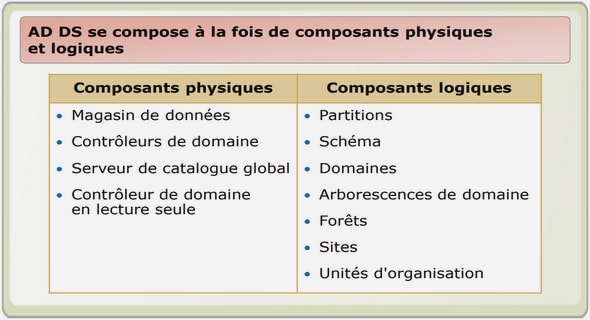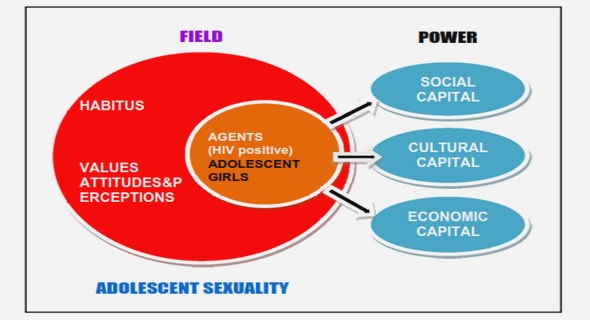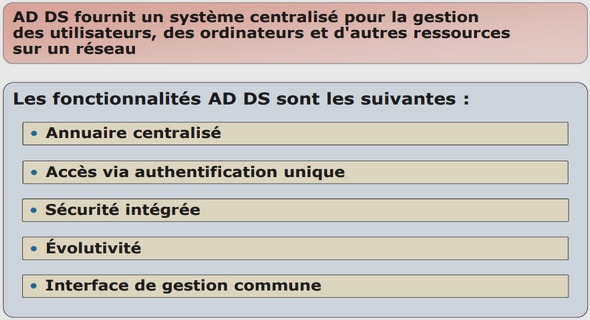Get Complete Project Material File(s) Now! »
Introduction
The study of Political Leadership is a relatively new field in the Political Sciences. As such, an abundance of new challenges arises for the student of the Political Sciences, in terms of broadening the scope of Political Leadership and expanding the scientific knowledge needed to understand this field. One important challenge concerning Political Leadership that still remains to be exhausted, is the impact the environment1 has on the recruitment process of political leaders. This impact may have a positive or negative result on the quality of life of the citizens of a state as it influences the nature of government.
The negative impact of the environment on the recruitment process of a political leader raises interest, as it usually promotes undemocratic behaviour, undemocratic recruitment attempts, etc., which causes a step backwards in obtaining or institutionalising Democracy. This mentioned behaviour is endemic to Africa and not only erodes political development, but also much needed socio – and economic development. Therefore, the negative impact of the environment on the recruitment process needs to be analysed and reflected in a model, in order to explain the influence of the environment in facilitating undemocratic recruitment behaviour and to identify measures aimed at preventing this type of behaviour. In this regard, the long history of military intervention and undemocratic recruitment behaviour as found in Nigeria, presents the student of Political Leadership with a case study for analysing the impact of the environment on the recruitment process of a political leader.
Identification of a research theme.
Political leadership is determined by the environment, but also shapes the environment. This interaction between political leadership and the environment impacts on the recruitment process of political leaders. History testifies to this argument=s advantage. In the beginning of time, a person was recruited as the leader of a group due to the possession of certain social dimensions (i.e. social skills and traits) perceived by that group to be vital for their survival as determined by their environment, i.e. hunting and warfare skills. In the medieval period of Western Civilisation these social dimensions of leadership changed and increased in number as the environment changed and became more complex. A group was no longer dependant on one leader=s input for their survival, as military power improved and pacts could be concluded between different leaders in order to strive for and obtain a common goal.
This eventually affected the recruitment of leaders to change from hereditary leaders (medieval times) to that of chosen leaders (in democratic nation states), as the European renaissance facilitated the rise of military, political and religious leaders. With the rise of nation states, leadership changed to become more complex. The result thereof was the introduction of an economic dimension (Colonialism) to leadership as well as a drastic change in the military dimension already present in leadership (which explains the score of national wars, world wars and civil wars), as the nation state environment depended on these two dimensions for survival. In the nation state, political leadership and social dimensions significantly influenced the environment (especially the military and economists in the environment) to demand more influence in government2 . This interaction between political leadership and social dimensions provided the environment with the necessary equipment to change the method of recruitment of leaders3 .
This new complex interaction between leader and environment that emanated from the nation state proved to have a dramatic impact on the Third World, especially on Africa, as it resulted in what Huntington labelled the AThird Wave of Democratisation@ 4 . It signalled a new era for Africa Leadership, in that it marked the shift of political decision making from the exclusive domain of the traditional/national politician (as characterised in the nation state and introduced to Africa -and other continents- by colonialism) to that of modernday political role players such as economists, environmentalists and militarists. This resulted in a new phase of politics where the traditional role of the politician is shared, replaced or performed, inter alia, by the community -, religious -, economic – and military leaders recruited by means other than that previously utilised in the nation state. In Africa, this traditional role was to be replaced more often than not, by the military.
Theme and research problem.
During the 1980’s, democratisation in Africa was limited. Even so, some liberation had occurred in Senegal, Tunisia, Algeria and Egypt. The reason for this slow democratisation process, is the fact that Africa=s new-found freedom was constantly jeopardised by undemocratic recruitment methods; such as coups d=état, exclusion of certain groups (Apartheid), one party elections and kingships (See Huntington 1991:21-25). Of the 17 young Africa democracies formed since 1960, four already fell victim to the military. The remainder was inclined to embrace one party domination, had less voter participation and their governments tended to remain in power for longer5 . This illustrates the tension between the democratic ideal and the process of recruiting political leaders.
TABLE OF CONTENTS :
- Title Page
- Acknowledgements
- Summary
- Samevatting
- Table of Contents
- Abbreviations
- CHAPTER 1: ENVIRONMENT DETERMINED POLITICAL LEADERSHIP MODEL: INTRODUCTORY ORIENTATION
- 1 Introduction
- 1.1 Identification of a research theme
- 1.2 Methodology
- 1.3 Scope of research
- 1.4 Other studies identified on this subject
- CHAPTER 2: ENVIRONMENT DETERMINED POLITICAL LEADERSHIP MODEL: THEORY
- 2 Introduction
- 2.1 Environment determined political leadership model
- 2.2 Characteristics of the environment determined political leadership model
- 2.3 Application of the environment determined
- political leadership model
- CHAPTER 3: THE GOWON REGIME: 29 JULY 1966 UNTIL JULY
- 3 Introduction
- 3.1 Phase 1, The emergence of a challenger personality
- 3.2 Phase 2, The recruitment phase
- 3.3 Phase 3, The institutionalisation phase
- 3.4 Summary
- CHAPTER 4: THE BABANGIDA REGIME: 27 AUGUST UNTIL 17 NOVEMBER
- 4 Introduction
- 4.1 Phase 1, The emergence of a challenger personality
- 4.2 Phase 2, The recruitment phase
- 4.3 Phase 3, The institutionalisation phase
- 4.4 Summary
- CHAPTER 5: THE ABACHA REGIME: 17 NOVEMBER 1993 UNTIL 9 JUNE
- 5 Introduction
- 5.1 Phase 1, The emergence of a challenger personality
- 5.2 Phase 2, The recruitment phase
- 5.3 Phase 3, The institutionalisation phase
- 5.4 Summary
- CHAPTER 6: ENVIRONMENT DETERMINED POLITICAL LEADERSHIP MODEL: CONCLUSION
- 6 Introduction
- 6.1 The undemocratic recruitment of military men as political leaders in Africa
- 6.2 The prevention of future undemocratic
- recruitment attempts of military leaders in the role as political leaders
- 6.3 Prediction for Nigeria in terms of the
- environment determined political leadership model
- 6.4 Conclusion
- 7 SOURCES


